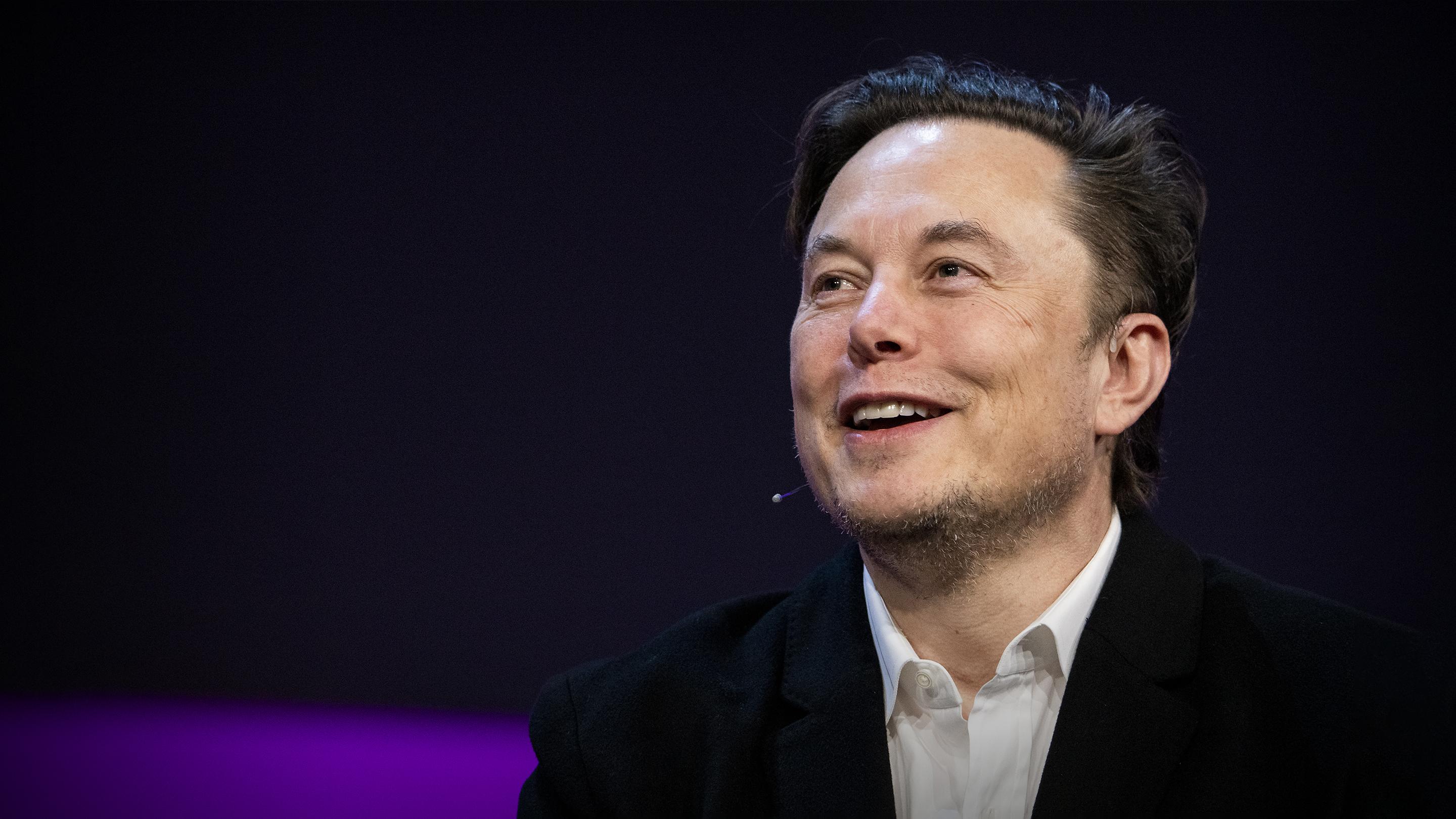
Elon Musk, the tech mogul known for his innovative ventures, has once again sparked a controversy, this time in the world of gaming. Despite being one of the most influential figures in technology, Musk’s gaming abilities have caused a stir in the gaming community, raising questions about his actual skills.
His previous attempts at gaming, including his embarrassing cheat scandal in Path of Exile 2 (PoE2), have left a sour taste in the mouths of gamers. Now, a recent incident has once again thrust him into the spotlight, but this time for criticizing Assassin’s Creed: Shadows and reigniting discussions about his history with gaming.
The story begins with a post from Grummz, a former Blizzard employee known for his outspoken views. Grummz, whose real name is Mark Kern, shared an advertisement for Assassin's Creed: Shadows created by the controversial internet personality HasanAbi.
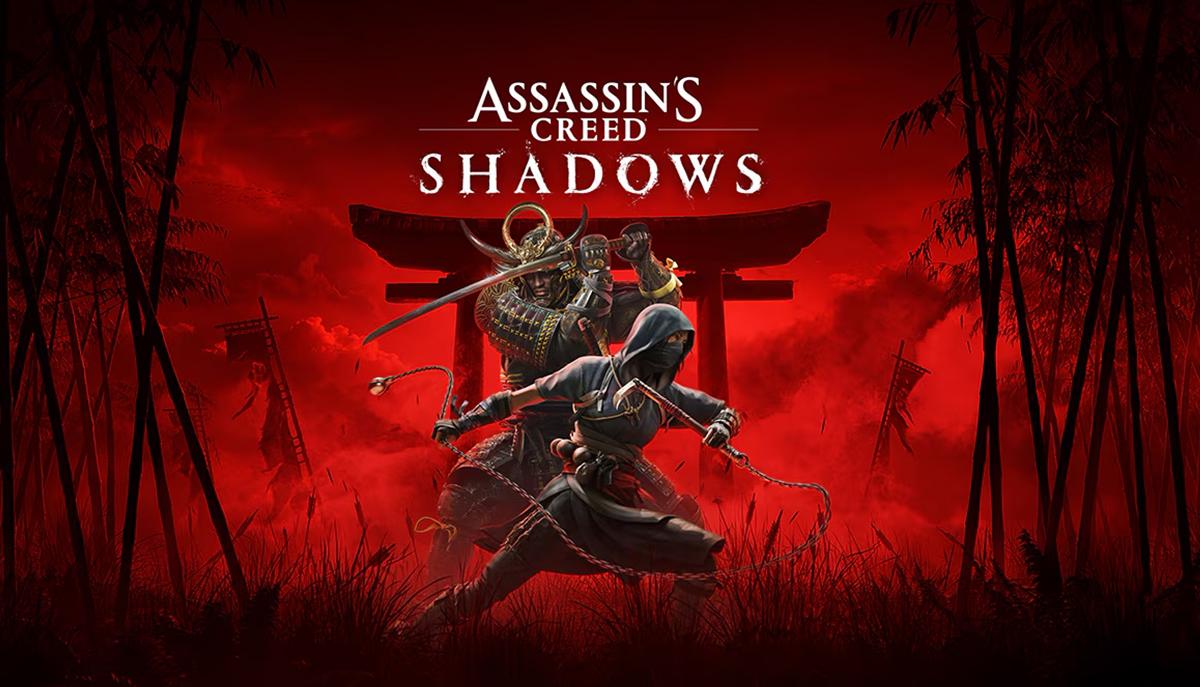
In his post, Grummz took a jab at Ubisoft, the developers behind the Assassin’s Creed franchise, criticizing their marketing efforts and the money they spent on partnering with streamers, including HasanAbi. His post read:
"You can tell a lot about Ubisoft with how much money they are throwing at terrorist-platforming streamers."
This post did not go unnoticed by Musk, who is notorious for voicing his opinions on social media. Musk, who is often the subject of heated debates due to his views, quickly jumped into the conversation. He called HasanAbi a fraud and followed up by stating that "objectively, he promotes a terrible game just for money."
Musk’s criticism of Assassin’s Creed: Shadows was swift and harsh, showing his apparent disapproval of the game and the marketing tactics behind it. However, what Musk didn’t anticipate was the backlash that followed from Ubisoft and the gaming community.
The Assassin’s Creed Twitter account, which manages the franchise’s presence on X (formerly known as Twitter), wasted no time in responding to Musk’s comment. Instead of merely defending the game or offering a counter-argument, they chose to take a different approach—one that was both biting and highly effective.
The official Assassin’s Creed account responded with a remark that took aim at Musk’s own past gaming behavior: "Is that what the guy playing your Path of Exile 2 account told you?"
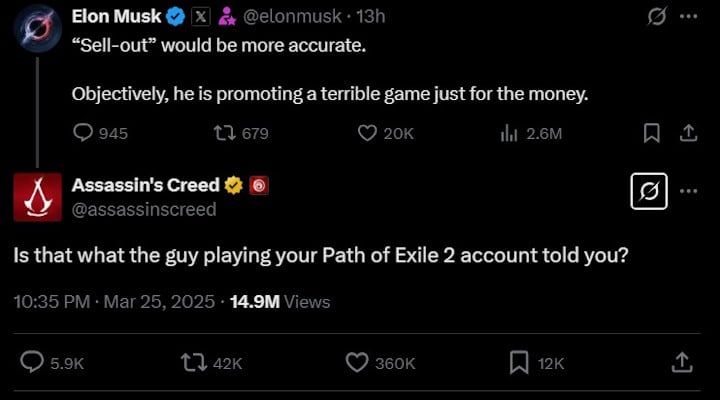
This response referred to a recent scandal involving Musk and Path of Exile 2, in which he was accused of having other players play on his account to grind for high levels and gear, essentially cheating to progress in the game. Musk, when confronted about it, attempted to justify his actions by claiming that it was common practice for high-level players to outsource their account progression, but this excuse did not hold up.
His defense was quickly debunked when leaked DMs from his PoE2 account surfaced, showing that Musk had indeed enlisted others to play on his behalf, thus tarnishing his reputation in the gaming community.
This subtle jab from the Assassin’s Creed account quickly went viral, with the tweet gaining over 15 million views and 360,000 likes. In comparison, Musk’s original comment about Assassin’s Creed: Shadows received only 20,000 likes. The response was clear: gamers were not on Musk’s side this time, and many took the opportunity to mock him for his previous cheating scandal.
The power of Ubisoft’s response was not just in the content of the tweet, but in how it resonated with the gaming community. The post was celebrated by fans and industry professionals alike. It was widely regarded as a masterstroke in handling a public criticism from such a high-profile figure.
Social media managers and developers from other gaming studios privately and publicly praised Ubisoft’s social media team for their deftness in responding to Musk’s comment.
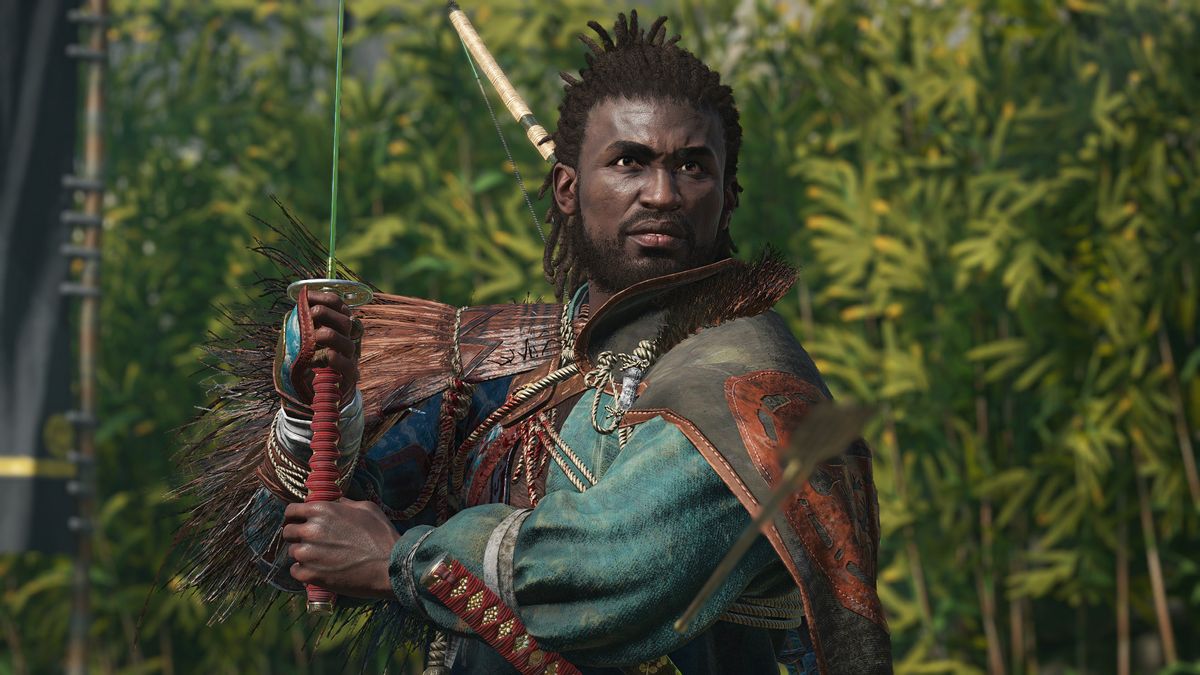
In the world of social media management, getting approval for a tweet from a major brand account is no easy feat, especially one as bold and critical as the response to Musk. Ubisoft’s willingness to take the fight directly to Musk, while remaining sharp and humorous, struck a chord with players. The response not only shut down Musk’s criticism but also turned the tables, putting Ubisoft’s game—and their social media team—in the spotlight.
The post’s virality didn’t stop there. Ubisoft, recognizing the momentum they had gained, doubled down by quoting their own tweet with a line from the Assassin’s Creed franchise itself: "Where other men blindly follow the truth...Remember, nothing is true."
This quote, famous in the Assassin’s Creed series for its philosophical undertones, added another layer to the response. It was as though Ubisoft was reminding everyone that they were not afraid to challenge the truth—or at least the version of it Musk had presented.
This second tweet further solidified their position and deepened the impact of their original clapback.
For Elon Musk, this incident represents another instance in which his persona has clashed with the gaming community. While he is a celebrated entrepreneur and innovator, his foray into gaming has been met with skepticism and, at times, outright derision.
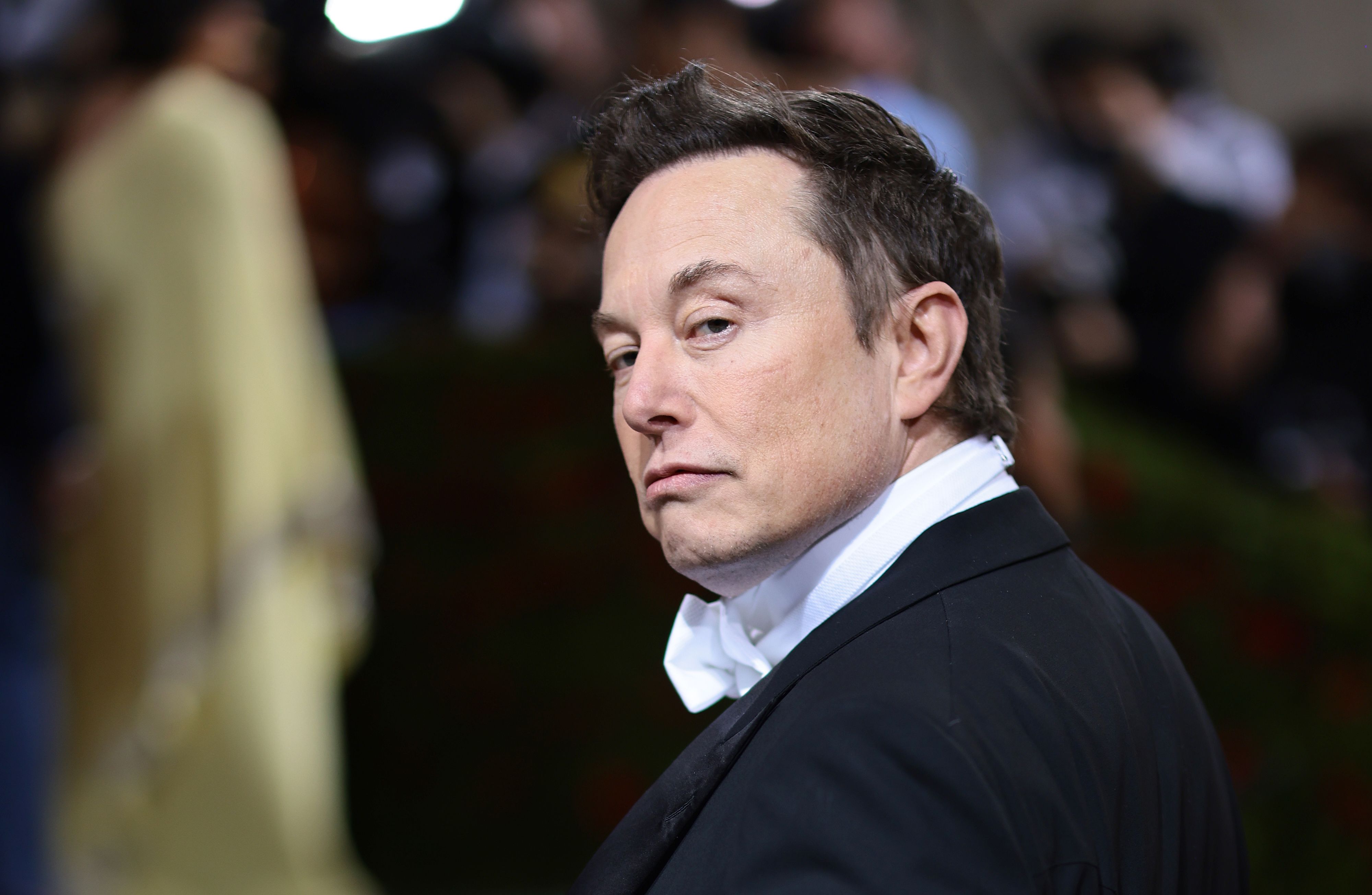
His history of questionable gaming behavior, such as the cheating scandal in Path of Exile 2, has made many gamers question his legitimacy as a player. It seems that Musk, despite his technological prowess, has failed to win over the gaming world in a way he might have hoped.
Musk’s comments about Assassin’s Creed: Shadows further fueled this sentiment. His dismissal of the game as “trash” didn’t just come off as criticism; it felt dismissive and disconnected from the reality of the gaming community.
To many players, it seemed as if Musk, someone who is known for pushing boundaries in tech and business, lacked the humility to understand the effort that goes into creating a game like Assassin’s Creed. Instead of engaging in a constructive discussion or providing valuable feedback, Musk’s approach was harsh and uninformed.
The fact that his remarks were so quickly overshadowed by Ubisoft’s brilliant social media response only added to the embarrassment. Musk, who is used to commanding the narrative, found himself in an unfamiliar position—on the receiving end of a well-timed and effective comeback.
So why did Ubisoft’s response resonate so deeply with gamers? The gaming community is known for its passion and dedication to the games they love.
Players spend countless hours immersed in the worlds created by developers, and they take pride in the artistry and effort involved in making games. For many, gaming is more than just entertainment—it’s a culture, a lifestyle, and a community.

When Musk, an outsider to the gaming world, publicly criticized Assassin’s Creed: Shadows in a dismissive manner, it struck a nerve with those who felt that Musk didn’t understand or respect the industry. His own history with cheating in Path of Exile 2 further undermined his credibility, leading many to question why he felt entitled to criticize a game that millions of people enjoyed.
Ubisoft, by contrast, showed that they understood the community. They engaged with the criticism with wit and humor, calling out Musk’s past mistakes while reinforcing their game’s worth. The tweet from the Assassin’s Creed account wasn’t just a response to Musk—it was a message to the gaming community that they were on their side.
Elon Musk, despite his status as a tech mogul and visionary, continues to struggle in the gaming world. His recent comments about Assassin’s Creed: Shadows, combined with his embarrassing past in Path of Exile 2, have only further alienated him from a community that values authenticity and respect.
On the other hand, Ubisoft’s social media team delivered a masterclass in handling criticism, turning a potential negative into a viral victory. In the end, it’s clear that Musk’s reputation as a gamer remains tarnished, while Ubisoft emerges victorious in this unexpected clash. The gaming community has spoken, and this time, they weren’t on Musk’s side.
-1747020788-q80.webp)

-1749094385-q80.webp)
-1744775858-q80.webp)